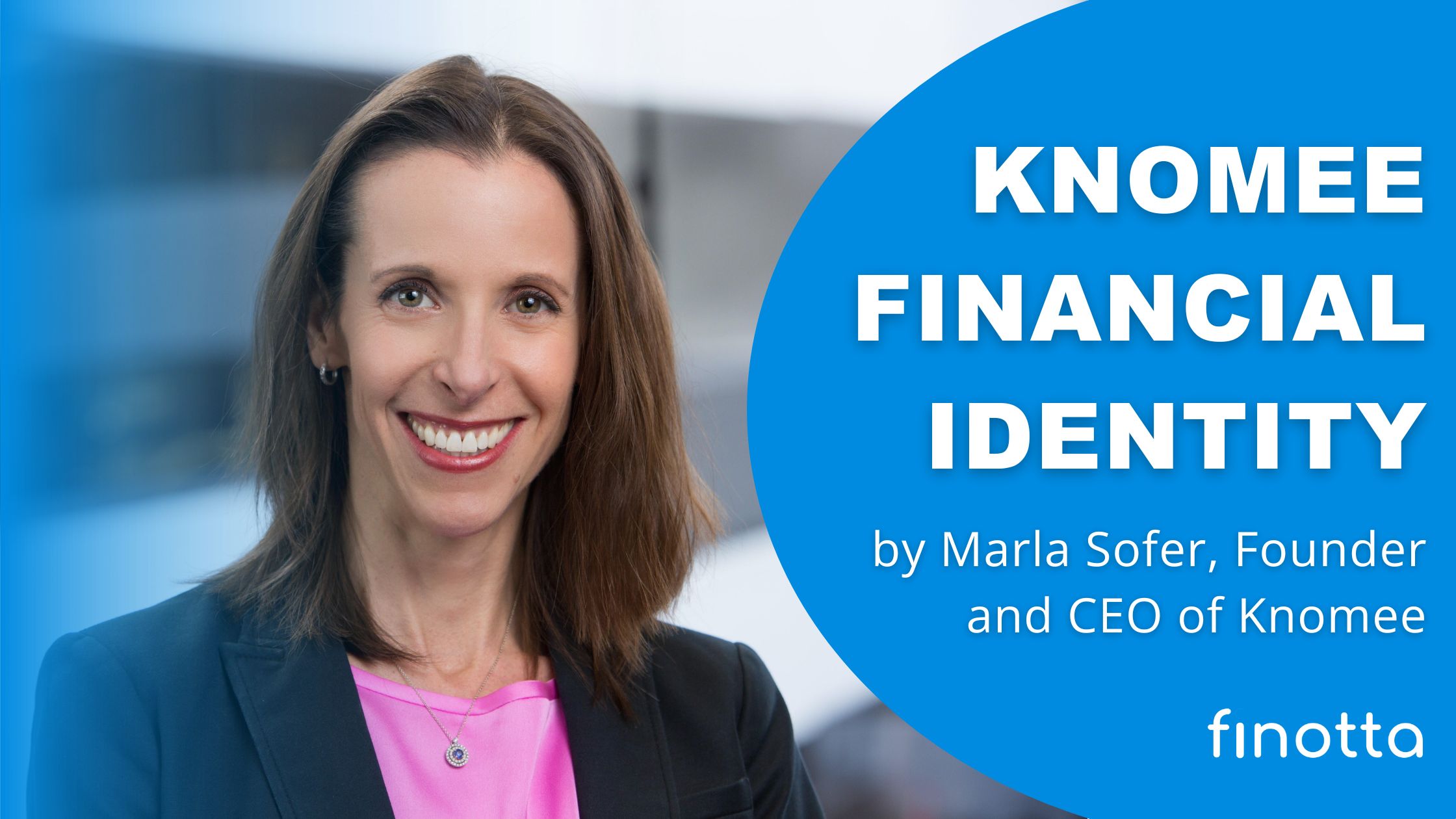Marla Sofer
Jan 24
4 min read

